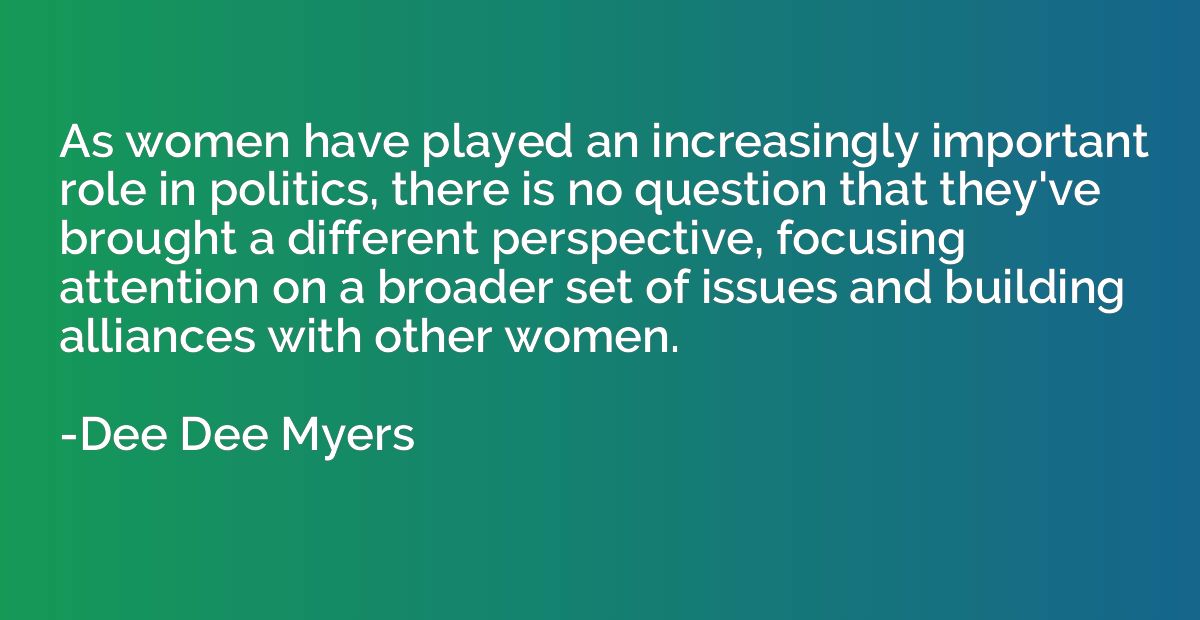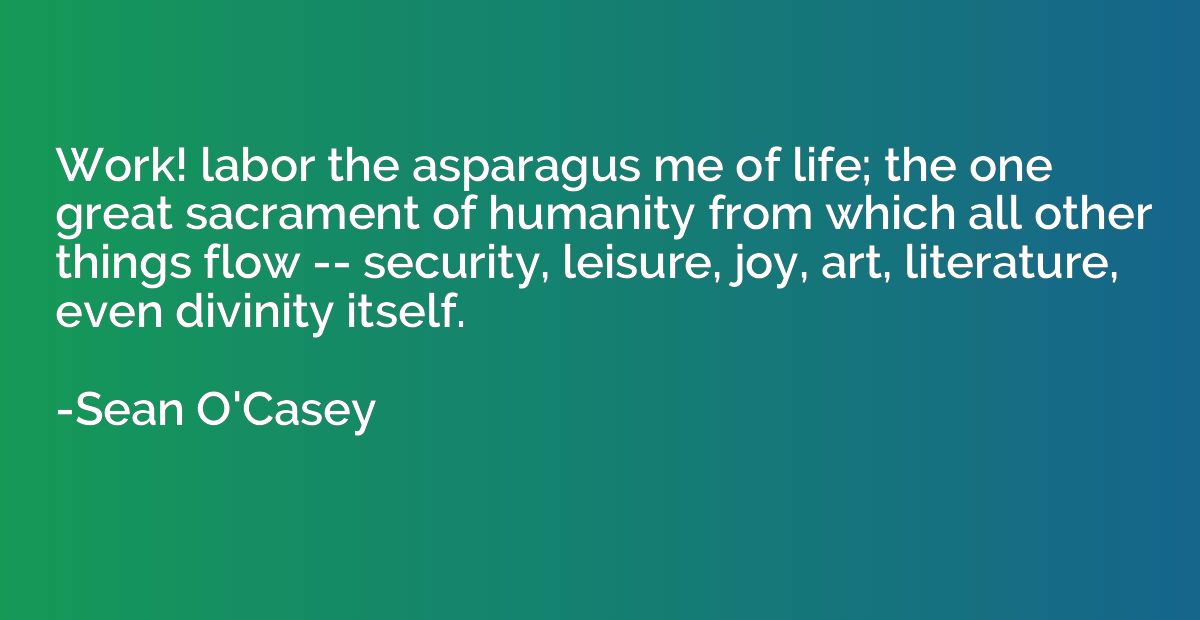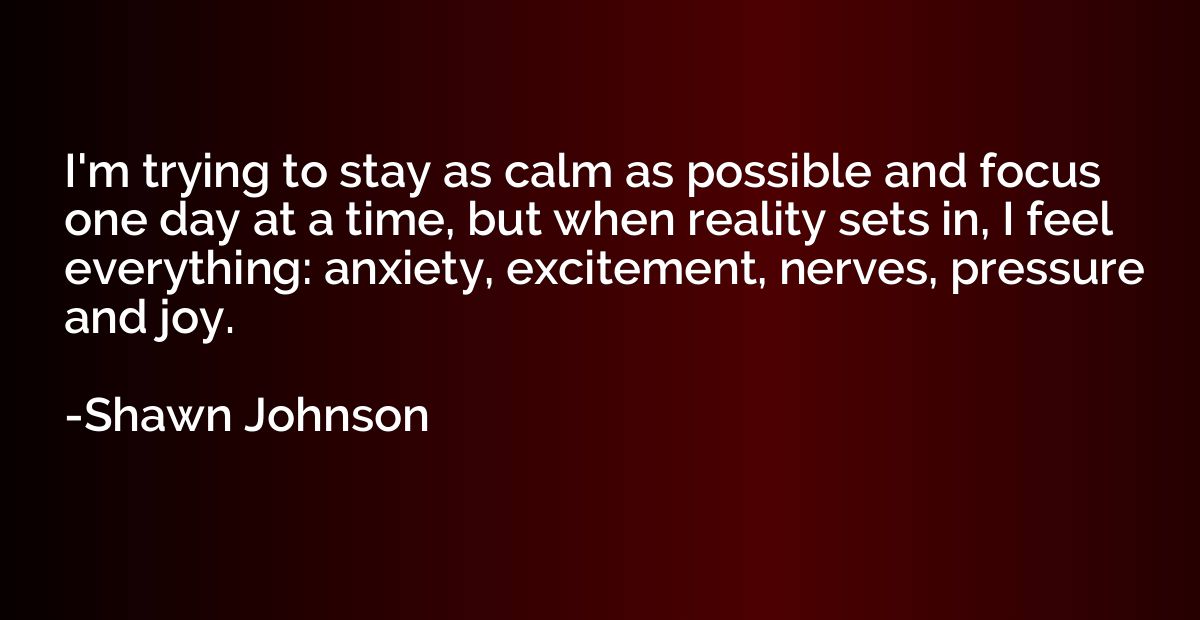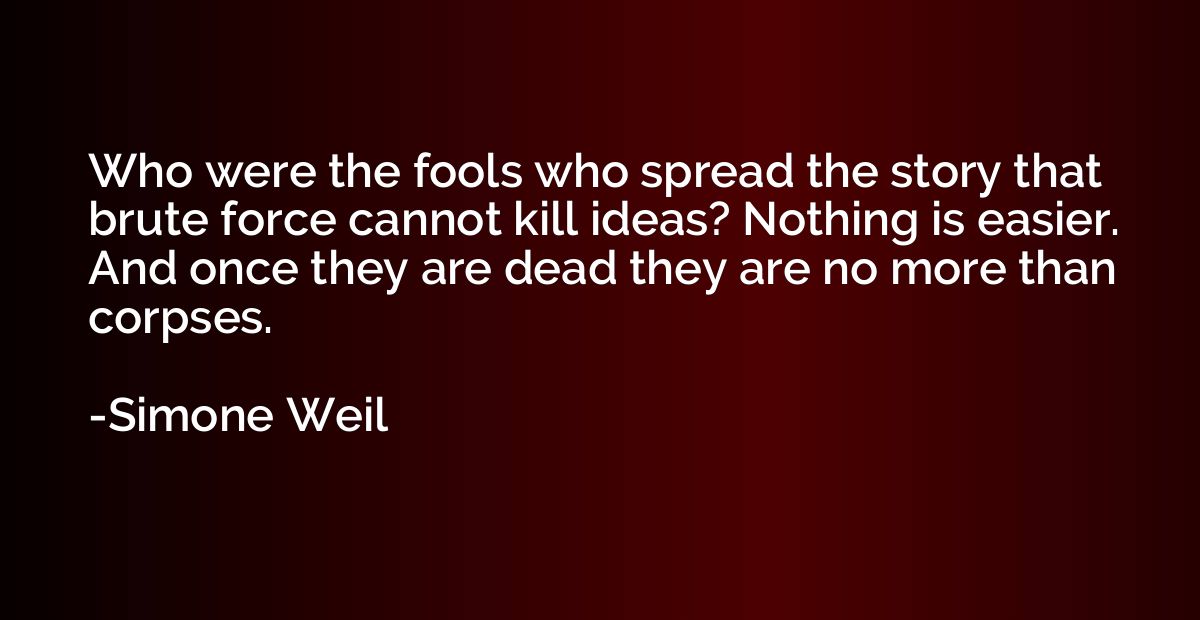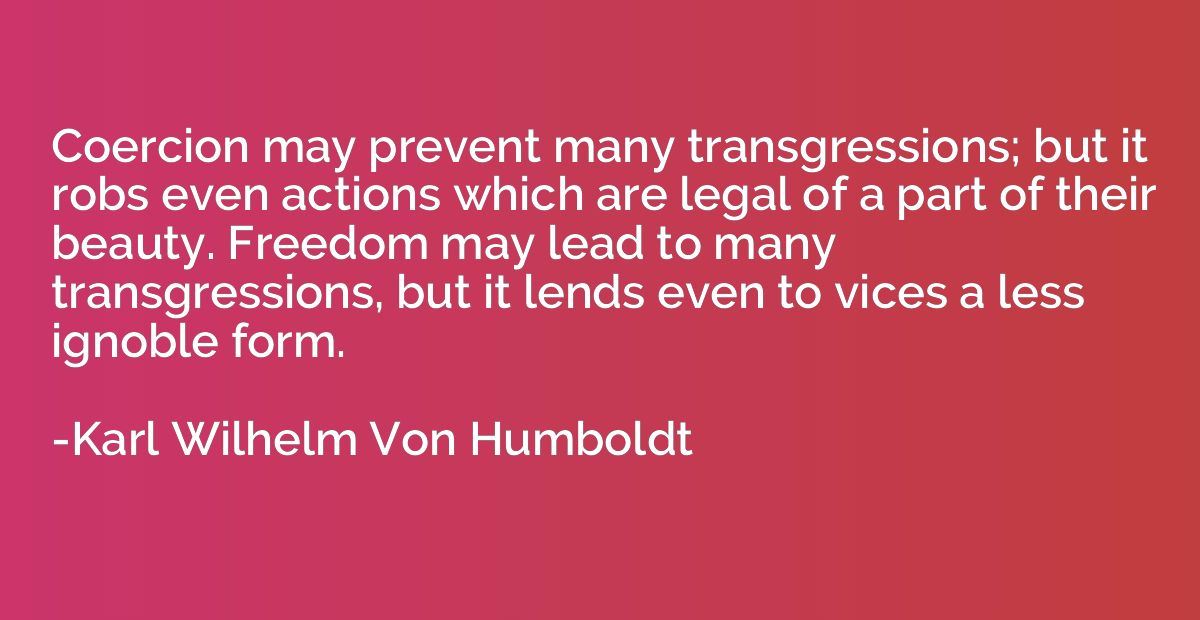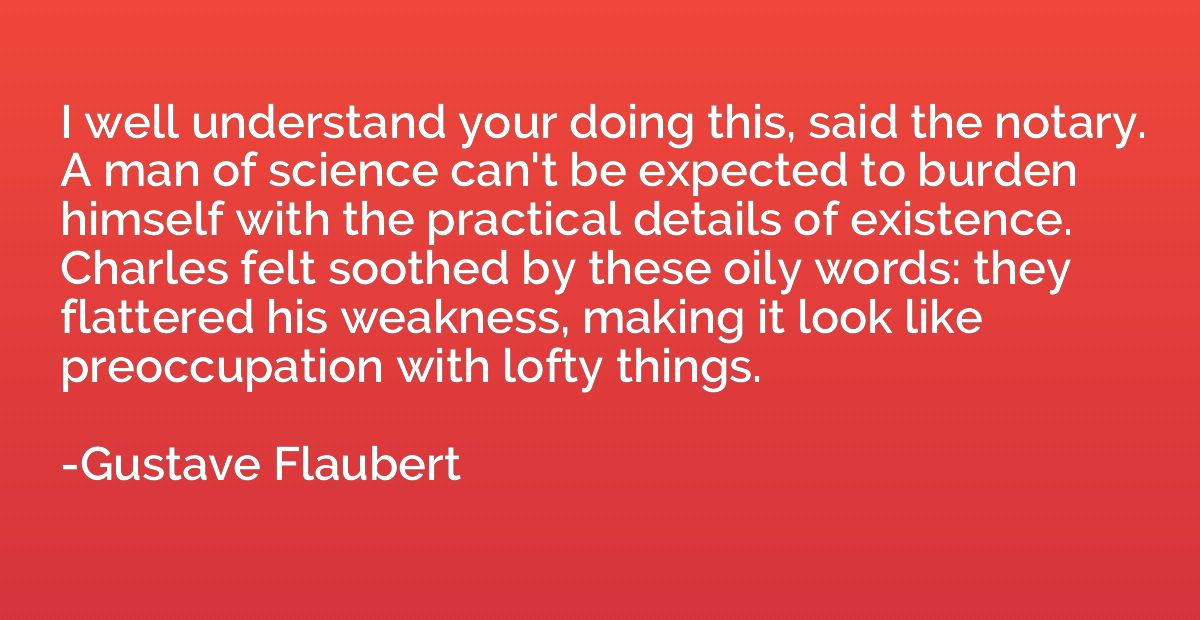Summary
This quote emphasizes the under-appreciated importance of the duty to be happy. It suggests that people often neglect or belittle the significance of personal happiness amidst their numerous responsibilities and obligations. By highlighting the duty of being happy, the quote advocates for prioritizing one's own well-being and recognizing the impact it can have on one's overall life satisfaction and ability to fulfill their other duties effectively. It encourages individuals to prioritize their happiness as an integral aspect of leading a fulfilling and meaningful life.




